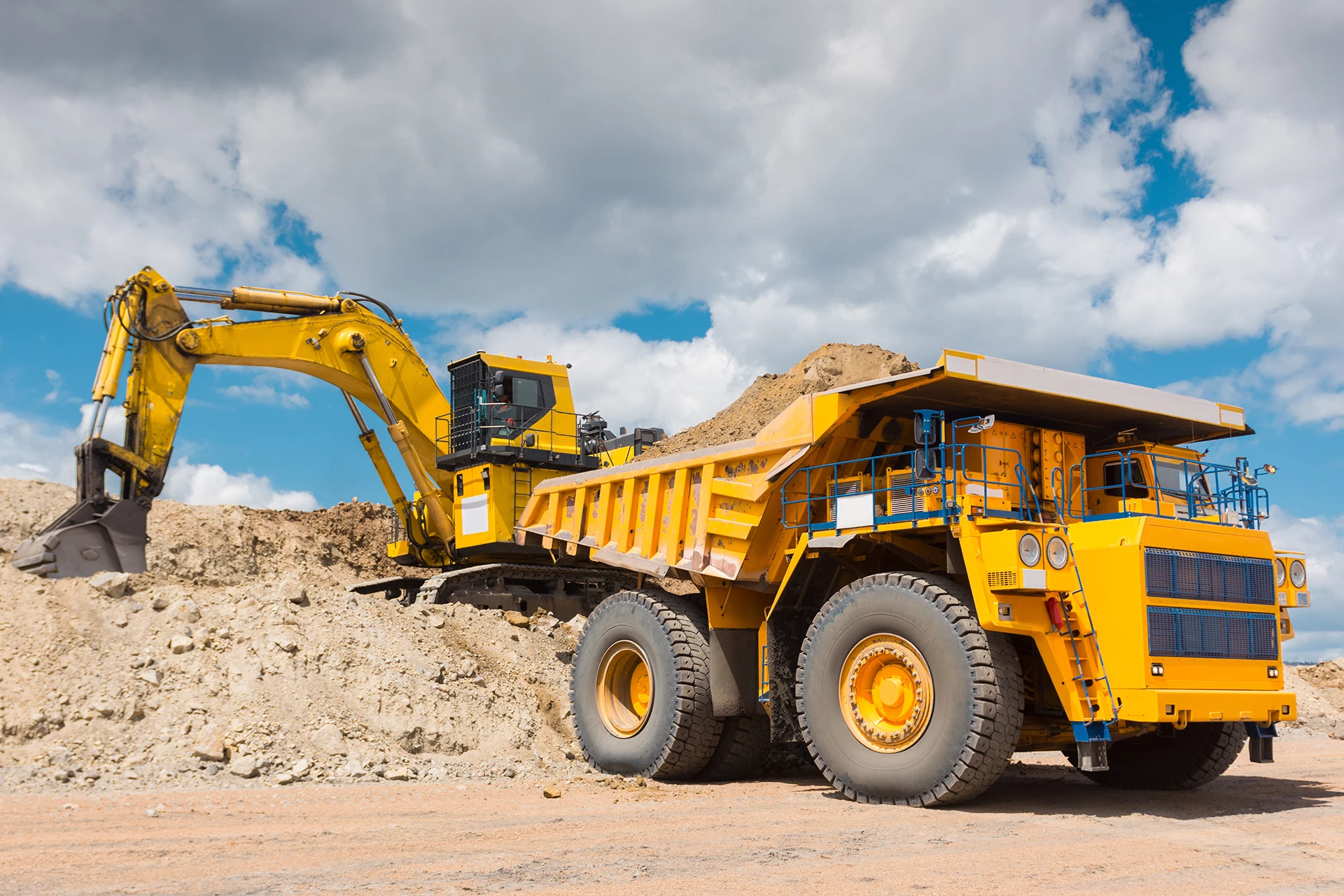Scissor Lift Rental: Safe and Effective Solutions
Leasing Vs. Purchasing Building Equipment: Making the Right Selection for Your Project
When embarking on a building and construction job, one of the crucial choices that project stakeholders and managers deal with is whether to rent out or acquire construction devices. The choice pivots on various aspects such as cost factors to consider, job period, equipment maintenance, scalability, danger, and versatility management.
Price Considerations
Renting out equipment usually needs reduced first payments compared to buying, making it an appealing choice for short-term projects or contractors with budget restraints. In the lengthy run, continually renting out equipment can gather greater costs than purchasing, specifically for prolonged tasks.
On the other hand, buying building equipment involves greater in advance prices but can cause lasting financial savings, specifically for long-lasting jobs or regular individuals. Possessing tools supplies adaptability, benefit, and the capacity for resale value once the job is finished. Furthermore, having devices permits for customization and familiarity with certain machinery, possibly boosting effectiveness and performance on-site. Ultimately, the choice in between renting out and getting building and construction equipment depends upon the task's duration, frequency of use, budget factors to consider, and lasting monetary goals.
Task Duration

On the other hand, for long-lasting tasks or ongoing building and construction work, getting equipment might be the a lot more affordable choice. Acquiring equipment can lead to set you back savings in the future, particularly if the equipment will certainly be often utilized. Furthermore, owning tools gives a sense of control over its accessibility and permits personalization to fit certain job demands.

Devices Maintenance
Offered the essential function job period plays in establishing the most affordable method between acquiring and renting out construction tools, the focus now changes in the direction of checking out the vital facet of equipment upkeep. Appropriate maintenance is essential for guaranteeing the ideal performance and long life of construction tools. Renting out tools typically features the benefit of having actually properly maintained equipment provided by the rental firm. This can alleviate the worry of maintenance jobs from the job proprietor or contractor, conserving time and initiative. On the various other hand, having devices requires a positive method to upkeep you can check here to stop malfunctions, ensure security, and expand the devices's life expectancy. Normal examinations, servicing, and timely repair work are essential to keep owned and operated devices in top functioning condition. Variable in maintenance prices when determining between renting and getting, as overlooking upkeep can cause pricey fixings, downtime, and task hold-ups. Ultimately, a properly maintained building and construction devices fleet, whether rented out or had, is essential for the successful and effective completion of construction jobs.
Adaptability and Scalability
In the realm of construction equipment administration, the aspect of flexibility and scalability holds significant value for project effectiveness and resource use. Opting to rent building equipment offers a high level of flexibility as it permits the quick you could check here change of devices types and quantities based on the evolving requirements of a job. Renting makes it possible for professionals to access a vast array of specific devices that might be needed for particular jobs without the long-lasting dedication of possession. This flexibility is specifically advantageous for jobs with varying demands or unpredictable periods (dozer rental).
Renting out construction devices uses the benefit of quickly scaling operations up or down as job needs change. Contractors can swiftly include or trade equipment to match the job's transforming needs without the constraints of having assets that may become underutilized or outdated.
Risk Management
Effective danger monitoring in building and construction equipment operations is extremely important to making certain task success and mitigating prospective economic losses. Building and construction jobs naturally involve various threats, such as equipment breakdowns, accidents, and job hold-ups, which can substantially influence the job timeline and budget plan. By very carefully taking into consideration the threats related to owning or renting out building equipment, job managers can make enlightened choices to reduce these possible dangers.
Renting building devices can provide a level of danger reduction by moving the obligation of maintenance and repair work to the rental firm. This can minimize the economic worry on the task proprietor in instance of unanticipated tools failures (aerial lift rental). Furthermore, leasing provides the adaptability to access specialized equipment for specific task stages, reducing the risk of owning underutilized equipment
On the other hand, possessing building equipment supplies a sense of control over its usage and maintenance. However, this additionally suggests bearing the complete responsibility for repair work, maintenance prices, motor grader rental near me and devaluation, boosting the economic dangers connected with equipment ownership. Careful risk evaluation and consideration of aspects such as job duration, tools usage, and upkeep demands are critical in figuring out the most ideal choice for efficient danger administration in building tasks.
Conclusion
In verdict, when making a decision in between leasing and purchasing building and construction equipment, it is essential to consider price, project duration, equipment upkeep, risk, scalability, and flexibility administration. Each variable plays a vital role in determining one of the most ideal alternative for the job handy. By thoroughly assessing these aspects, job managers can make an informed decision that lines up with their budget, timeline, and total project objectives.
